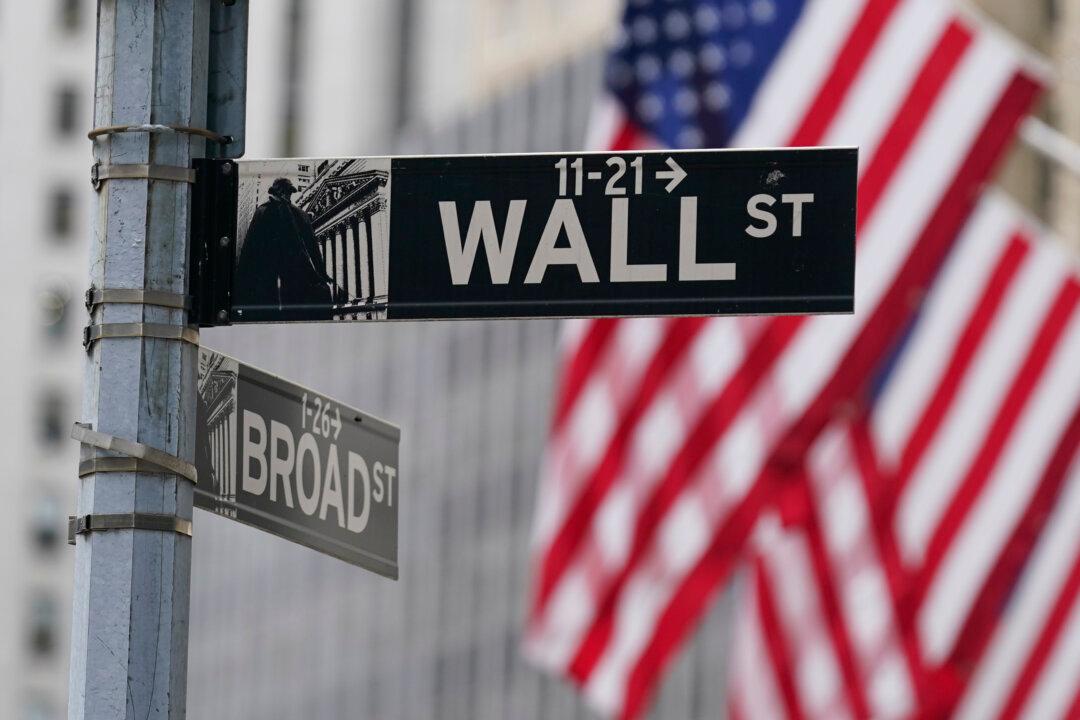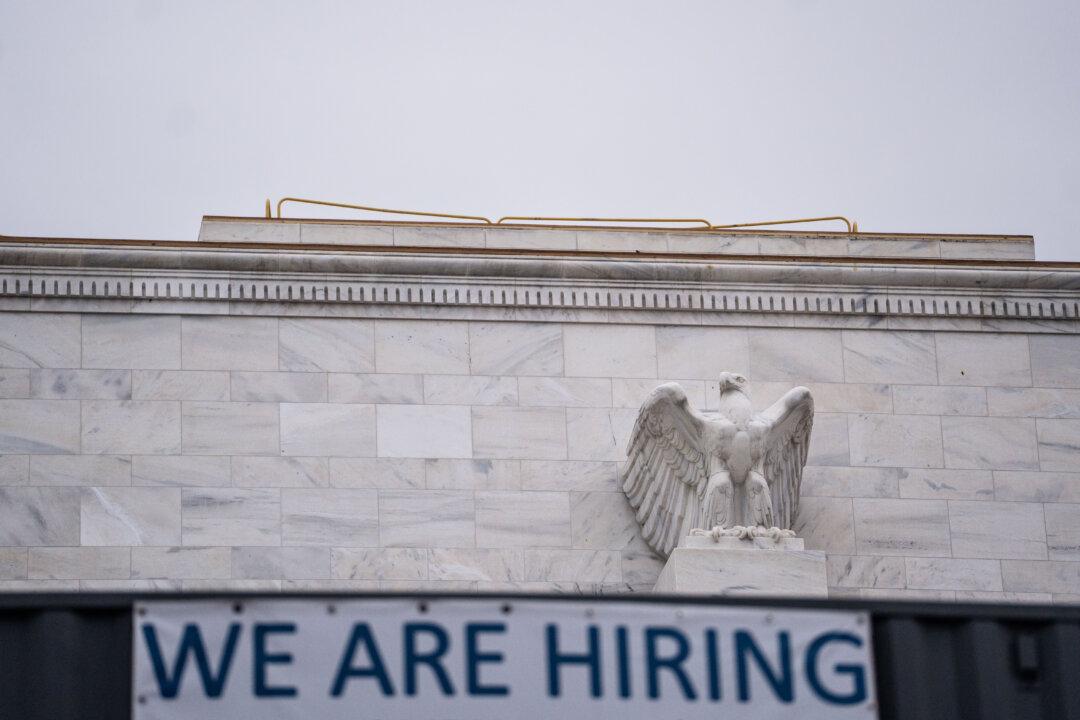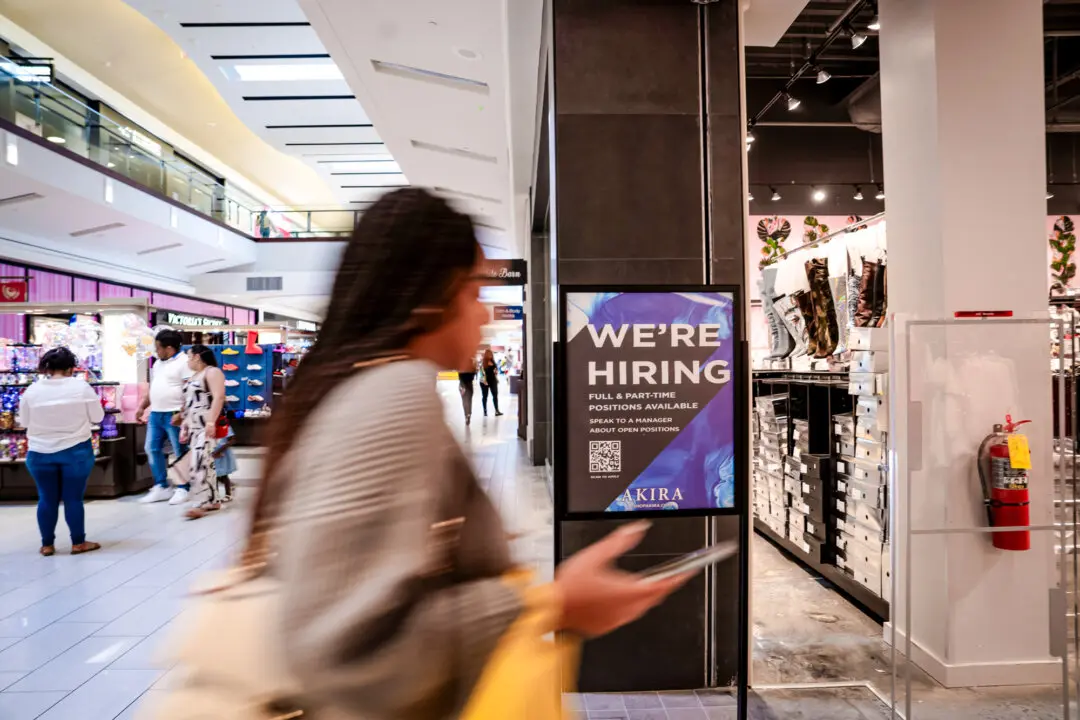The U.S. economy is slowing, but it’s growing at a steady pace. This is the sentiment shared by more CEOs of some of the country’s largest companies, according to a new survey by the Business Roundtable.
In the first estimate for next year, CEOs forecast that the economy will expand by 1.9 percent, averting a recession and potentially realizing the soft-landing prognostication. Plans for capital investment tumbled by seven points. Despite a slowing economic landscape, more chief executives plan to add workers in the coming months, although not at the pace witnessed during the jobs boom of the past few years.





